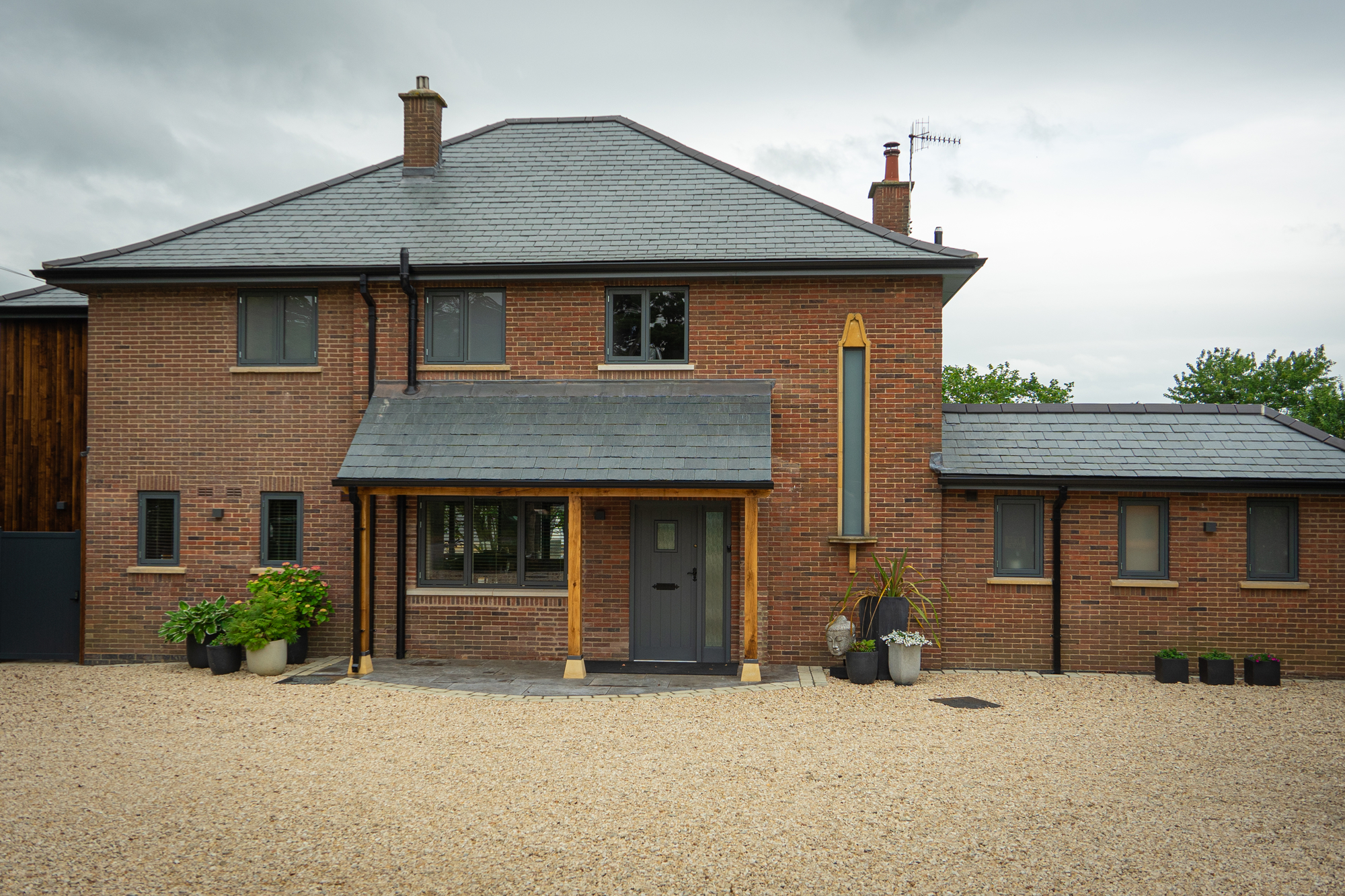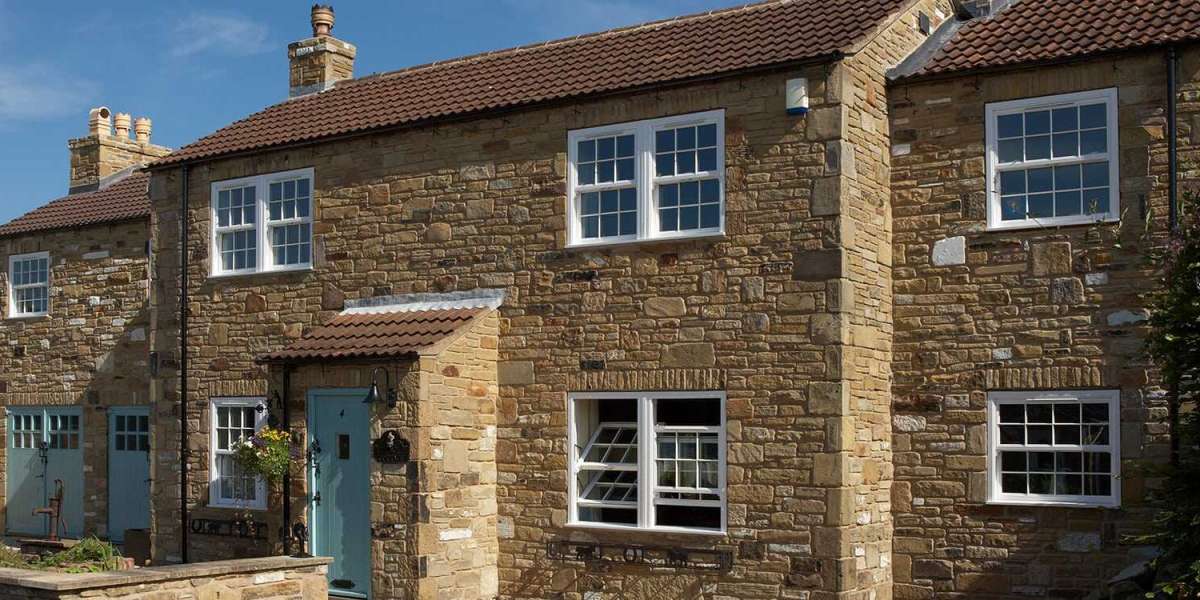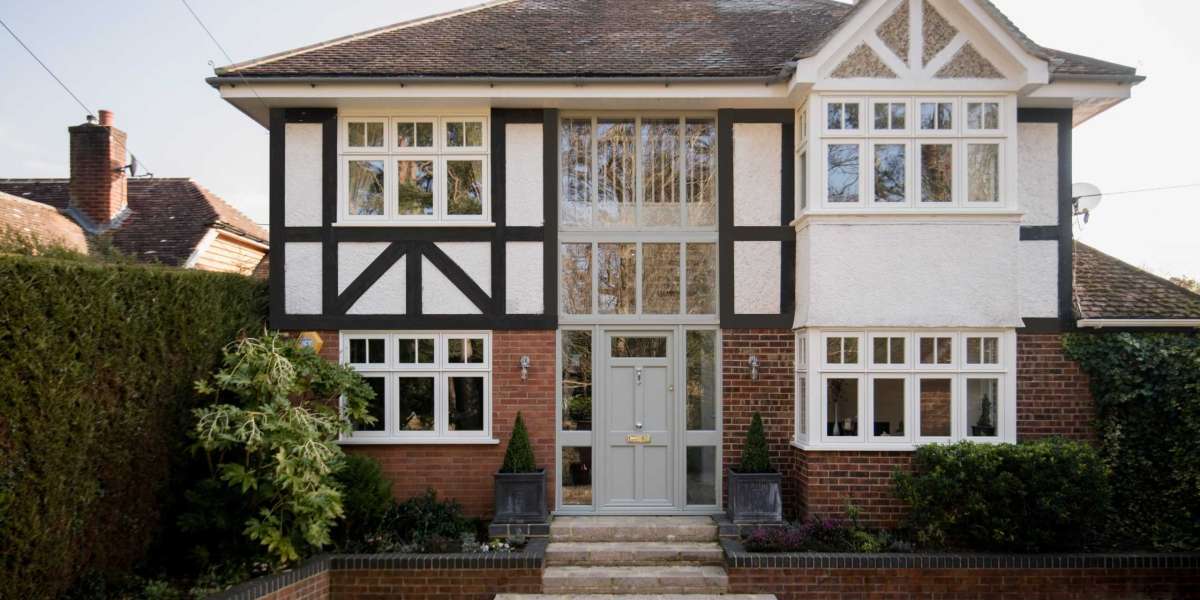Aluminium windows have become increasingly popular in both residential and commercial buildings due to their unique combination of durability, aesthetics, and energy efficiency. This article explores the various advantages of aluminium windows, their applications, and the factors that contribute to their growing acceptance in the construction industry.
Durability and Strength
One of the most significant advantages of aluminium windows is their inherent durability. Unlike other materials such as wood or PVC, aluminium is resistant to warping, cracking, and corrosion. This resilience makes aluminium windows particularly suitable for areas with extreme weather conditions, including high winds, heavy rain, and intense sunlight. The strength of aluminium also allows for larger window frames and thinner profiles, enabling architects and designers to create expansive glass facades that enhance the aesthetic appeal of a building.
Low Maintenance Requirements
Aluminium windows require minimal maintenance compared to their wooden counterparts. They do not need to be painted or stained regularly, as they come with a powder-coated finish that protects them from the elements. A simple wipe-down with soap and water is often sufficient to keep them looking new. This low maintenance requirement not only saves time and effort for homeowners but also reduces long-term costs associated with upkeep.
Energy Efficiency
Energy efficiency is a critical consideration in modern building design. Aluminium windows can be designed with thermal breaks—insulating materials placed between the interior and exterior frames that reduce heat transfer. This feature significantly enhances the energy performance of aluminium windows, making them competitive with traditional materials. When combined with double or triple glazing, aluminium windows can effectively minimize heat loss in winter and reduce heat gain in summer, leading to lower energy bills and a more comfortable indoor environment.
Aesthetic Versatility
Aluminium windows offer a wide range of design options, making them suitable for various architectural styles. They can be powder-coated in virtually any color, allowing homeowners to customize their windows to match their personal style and the overall design of their home. Additionally, aluminium can be easily shaped and fabricated into different styles, including casement, sliding, and bi-fold windows. This versatility makes aluminium windows an attractive option for both contemporary and traditional buildings.
Environmental Considerations
As sustainability becomes an increasingly important factor in construction, aluminium windows present several environmental advantages. Aluminium is a highly recyclable material, with a recycling rate of over 90%. This means that at the end of their life cycle, aluminium windows can be repurposed without losing their quality. Furthermore, the energy required to produce recycled aluminium is significantly lower than that needed for primary aluminium production, contributing to reduced carbon emissions.
Security Features
Safety and security are paramount for https://articlescad.com/aluminium-windows-st-albans-a-timeless-choice-for-modern-and-traditional-homes-532430.html any building, and aluminium windows excel in this regard. Their robust construction makes them more resistant to forced entry compared to other window materials. Many aluminium windows come equipped with advanced locking systems and reinforced frames, providing an added layer of security. This aspect is particularly appealing for commercial properties and homes in urban areas where security concerns are more pronounced.
Cost-Effectiveness
While the initial investment in aluminium windows may be higher than that of other materials, their long-term cost-effectiveness is undeniable. The durability and low maintenance requirements of aluminium windows mean that they do not need to be replaced as frequently as other types of windows. Additionally, the energy savings achieved through improved insulation can offset the initial costs over time. This makes aluminium windows a wise investment for homeowners looking to enhance the value of their property.
Applications in Modern Architecture
Aluminium windows are widely used in various architectural applications, from residential homes to large commercial buildings. In residential settings, they can be used for everything from standard windows to expansive sliding doors that connect indoor and outdoor spaces. In commercial applications, aluminium windows are often employed in high-rise buildings, where their strength and lightweight properties allow for large glass panels that maximize natural light while maintaining structural integrity.
The use of aluminium windows is also prevalent in green building projects. Many architects and builders are incorporating these windows into energy-efficient designs that prioritize sustainability. Their ability to enhance natural light and reduce energy consumption aligns perfectly with the goals of modern green architecture.
Conclusion
In conclusion, aluminium windows represent a blend of durability, aesthetics, energy efficiency, and security that makes them an attractive option for various building applications. As the construction industry continues to evolve, the demand for materials that meet both functional and environmental standards will only increase. Aluminium windows, with their myriad advantages, are well-positioned to play a significant role in the future of architecture and design. Whether for a new build or a renovation project, choosing aluminium windows can lead to a more sustainable, stylish, and secure living or working environment.









